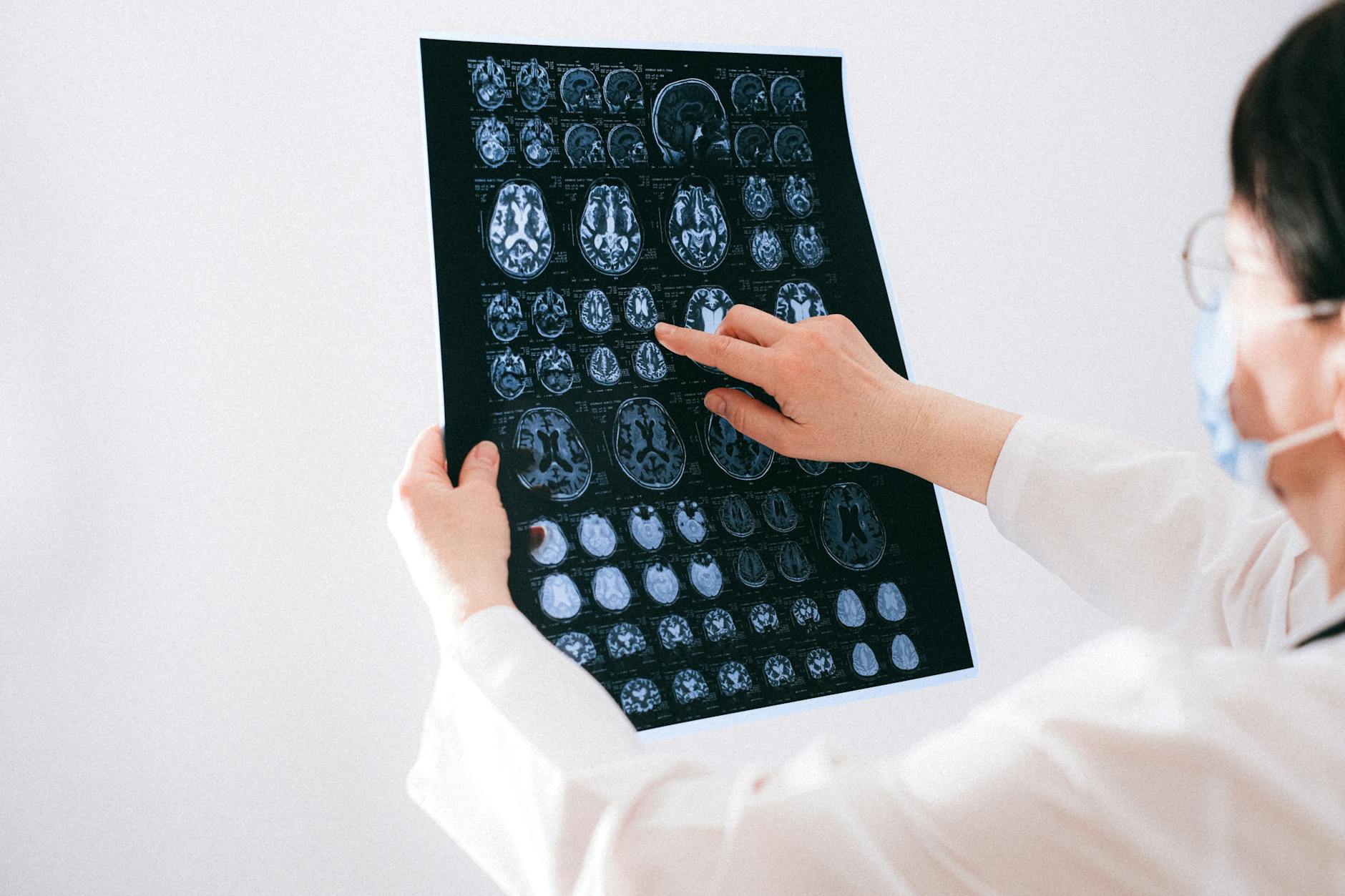Uncover the hidden symptoms and diagnostic challenges of Lyme disease in this informative blog post. Are you prepared to navigate?
Table of Contents
Health is wealth! In today’s fast-paced world, it is crucial to be aware of the most common health conditions that could affect you or your loved ones. From autoimmune disorders to infectious diseases, staying informed can help you identify symptoms early and seek proper treatment. Let’s take a deep dive into the top 10 most common health conditions you need to know about.
Crohn’s Disease
Crohn’s Disease is a chronic inflammatory condition that primarily affects the digestive tract. Symptoms can include abdominal pain, diarrhea, fatigue, and weight loss. Treatment options may include medication, dietary changes, and in severe cases, surgery. If you experience persistent digestive issues, consult with a healthcare professional for proper evaluation and management.
Cold Sore
Cold sores, also known as fever blisters, are caused by the herpes simplex virus and typically manifest as small, painful blisters on or around the lips. Stress, fatigue, and sun exposure are common triggers. Over-the-counter creams and antiviral medications can help alleviate symptoms and speed up healing. Remember to avoid close contact with others during an outbreak to prevent transmission.
Lyme Disease
Lyme Disease is a tick-borne illness caused by the bacterium Borrelia burgdorferi. Early symptoms may include fever, fatigue, muscle aches, and a characteristic bullseye rash. If left untreated, Lyme Disease can lead to severe complications affecting the joints, heart, and nervous system. Prompt diagnosis and treatment with antibiotics are essential for recovery.
Bacterial Vaginosis and Yeast Infections
Bacterial vaginosis and yeast infections are common vaginal conditions that can cause discomfort and abnormal discharge. Bacterial vaginosis is characterized by an overgrowth of harmful bacteria, while yeast infections are caused by an overgrowth of the fungus Candida. Proper hygiene, wearing breathable underwear, and avoiding douching can help prevent these infections. Over-the-counter antifungal creams and antibiotics are often prescribed for treatment.
Rheumatoid Arthritis
Rheumatoid Arthritis is an autoimmune disorder that primarily affects the joints, causing pain, swelling, and stiffness. In addition to joint symptoms, individuals with rheumatoid arthritis may experience fatigue, fever, and weight loss. While there is no cure for rheumatoid arthritis, medications, physical therapy, and lifestyle modifications can help manage symptoms and improve quality of life.
Mental Health Awareness
It’s essential to prioritize mental health alongside physical wellness. Mental health conditions, such as depression and anxiety, can impact daily functioning and overall well-being. Seeking therapy, practicing mindfulness, and maintaining a strong support system are vital for mental wellness. Remember, it’s okay to ask for help and prioritize self-care.
| Section | Information |
|---|---|
| Symptoms | Lyme disease symptoms may include fever, chills, fatigue, muscle and joint aches, and swollen lymph nodes. |
| Early Signs | Early signs of Lyme disease can appear 3-30 days after a tick bite and may include a distinctive bullseye rash. |
| Neurological Symptoms | Neurological symptoms of Lyme disease can include headaches, dizziness, and short-term memory problems. |
| Joint Pain | Lyme disease can cause arthritis-like symptoms, with joint pain and swelling in large joints like the knee. |
| Diagnosis | Diagnosing Lyme disease can be challenging and may involve blood tests to detect antibodies against the bacteria. |
| Differential Diagnosis | Lyme disease symptoms can be similar to other conditions, so a thorough evaluation is necessary for accurate diagnosis. |
| Chronic Lyme Disease | Some patients may experience persisting symptoms after treatment, known as chronic Lyme disease, which is controversial and debated in the medical community. |
Parkinson’s Disease
Parkinson’s Disease is a progressive neurodegenerative disorder that affects movement and coordination. Common symptoms include tremors, bradykinesia (slowed movement), and muscle stiffness. While there is no cure for Parkinson’s Disease, medications, lifestyle changes, and physical therapy can help manage symptoms and improve quality of life.
Sleep Apnea
Sleep Apnea is a sleep disorder characterized by pauses in breathing during sleep. Common symptoms include loud snoring, daytime fatigue, and morning headaches. If left untreated, sleep apnea can increase the risk of hypertension, heart disease, and stroke. Continuous positive airway pressure (CPAP) therapy is often recommended to keep the airways open and improve breathing during sleep.
Hepatitis B and Celiac Disease
Hepatitis B is a liver infection caused by the hepatitis B virus, transmitted through exposure to infected blood or bodily fluids. Symptoms may include jaundice, fatigue, and abdominal pain. On the other hand, celiac disease is an autoimmune condition triggered by gluten consumption, resulting in damage to the small intestine. Maintaining a gluten-free diet is crucial for managing celiac disease and preventing complications.
Conclusion
Knowledge is power when it comes to your health. By familiarizing yourself with the most common health conditions, you can take proactive steps to mitigate risks, recognize symptoms early, and seek appropriate treatment. Remember to prioritize self-care, listen to your body, and consult with healthcare professionals for guidance on maintaining optimal health and well-being.
What are the early symptoms of Lyme Disease?
Early symptoms of Lyme Disease may include fever, fatigue, muscle aches, and a bullseye rash at the site of the tick bite.
How is Lyme Disease diagnosed?
Lyme Disease can be diagnosed through blood tests to detect antibodies against the Borrelia burgdorferi bacteria.
What are the treatment options for Lyme Disease?
Treatment for Lyme Disease typically involves antibiotics to eliminate the bacterial infection and manage symptoms.
Can Lyme Disease lead to long-term complications?
If left untreated, Lyme Disease can lead to severe complications affecting the joints, heart, and nervous system. Prompt treatment is essential to prevent long-term issues.




